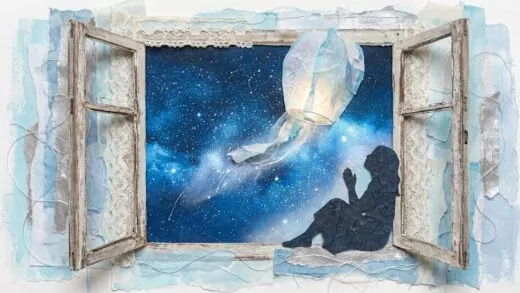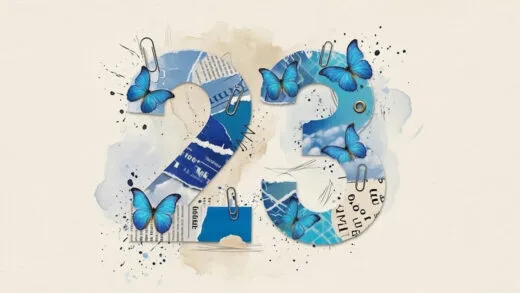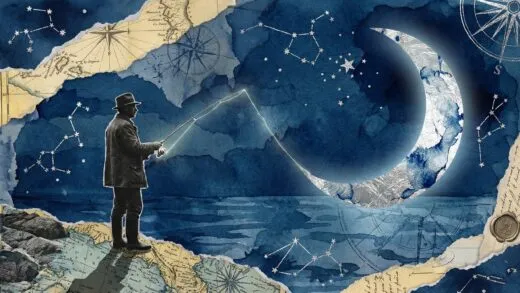While my cousins were celebrating their millions at my grandfather’s funeral, I stood there holding a crumpled envelope with a single plane ticket inside. Everyone laughed at me that day. Six months later, they were begging for my forgiveness.
My name is Nathan Whitmore, and I’m about to tell you how the worst day of my life became the beginning of everything I never knew I needed. But first, let me introduce you to the players in this game my grandfather orchestrated from beyond the grave. There was Preston, my older cousin, standing there in his $5,000 Armani suit, already practicing his CEO speech for the company employees.
Mallory, his sister, was barely hiding her excitement behind her designer sunglasses, probably planning which Instagram filter would best capture her new yacht. Their parents, Vernon and Beatrice, stood like vultures who’d finally found their feast, my uncle’s hand already reaching for the papers the lawyer was holding. And then there was me, the high school history teacher who drove three hours in a Honda Civic that needed new brakes just to say goodbye to the only person in this family who ever really saw me.
Grandfather Roland built an empire from nothing, turned a single fishing boat into Whitmore Shipping Industries, and everyone wanted their piece of his kingdom. Everyone except me. I just wanted five more minutes to play chess with the old man who taught me that the most powerful moves are the ones nobody sees coming.
That funeral wasn’t just about saying goodbye to Roland Whitmore. It was the day I learned that sometimes the smallest gift carries the biggest secret, and sometimes the people laughing at you are standing on ground that’s about to crumble beneath their feet. My alarm went off at 5.30 a.m. every weekday, just like it had for the past six years since I started teaching at Lincoln High School in Detroit.
The ceiling in my one-bedroom apartment had the same water stain I’d been staring at for three years, shaped like the state of Texas if you squinted hard enough. My neighbor’s dog was already barking, right on schedule, and I could hear Mrs. Chen starting her morning exercises through the paper-thin walls. This was my life, predictable, modest, and completely different from the world I’d grown up in.
You see, being a Whitmore meant something in certain circles. It meant yacht clubs and private schools, summer houses and stock portfolios. But for me, it meant choosing between paying rent and fixing my car’s transmission, because I’d walked away from all of that to teach teenagers about the Revolutionary War and the Great Depression.
My father Dennis understood that choice. He was the only one who ever did. Dad died when I was fifteen, a heart attack at his desk while reviewing contracts for his brother Vernon’s division of Grandfather’s Company.
He’d spent his whole life being the responsible one, the reliable one, the one who never complained when Vernon took credit for his ideas. The last thing he ever said to me was, Nathan, don’t let them turn you into something you’re not. Your grandfather did that to me, and look where I am.
Three hours later, he was gone. My mother Grace picked up the pieces after that. She was a nurse at Detroit General, working twelve-hour shifts to keep us afloat after we learned Dad had signed away most of his company’s shares to help Vernon cover some bad investments.
That was Dad, always cleaning up other people’s messes, always believing family meant sacrifice. Mom never said a bitter word about it, but I saw how she looked at Vernon at Dad’s funeral, and I understood that sometimes the deepest anger doesn’t need words. Grandfather Roland was a mystery, wrapped in a three-piece suit.
He built Whitmore shipping from a single boat he bought with his Navy discharge pay after World War II. By the time I was born, he owned a fleet of cargo ships, warehouses in twelve cities, and enough money to buy whatever he wanted. But here’s the thing about my grandfather.
He didn’t believe in giving. He believed in earning. Every birthday card came with a twenty-dollar bill and a note that said, Make it worth more.
Every Christmas gift was something practical, like books about business or certificates for online courses in accounting. The only time Grandfather Roland seemed genuinely interested in me was during our Sunday chess games. It started when I was ten, right after I’d won my school’s chess tournament.
He showed up at our apartment one Sunday morning, set up a board, and said, Show me what you’ve got. I lost in twelve moves. But he came back the next Sunday and the next, and eventually those games became the one constant between us.
You play like your father, he told me once, too worried about protecting your pieces, not focused enough on winning the game. Maybe I don’t want to sacrifice everything just to win, I replied. He actually smiled at that, the first real smile I’d ever seen from him.









